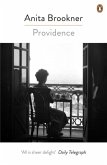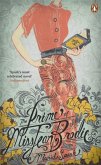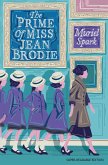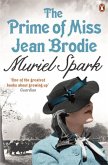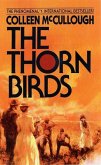'It was at Millie's party, on that Friday evening, that she met her second husband, my stepfather-to-be, and thus changed both our lives . . .'
Zoë is delighted when her widowed mother marries Simon, a generous older man who owns a villa in Nice. However, the long enchanted visits to France she enjoys come to an abrupt end when Simon suffers a bad fall. Zoë and her mother, finding themselves surrounded by well-meaning strangers, must learn how and how not to trust appearances . . .
'One of her very best - possibly her finest . . . reverberates long after it's put down ... Brookner in all her wisdom, eloquence and power' Spectator
Hinweis: Dieser Artikel kann nur an eine deutsche Lieferadresse ausgeliefert werden.
Zoë is delighted when her widowed mother marries Simon, a generous older man who owns a villa in Nice. However, the long enchanted visits to France she enjoys come to an abrupt end when Simon suffers a bad fall. Zoë and her mother, finding themselves surrounded by well-meaning strangers, must learn how and how not to trust appearances . . .
'One of her very best - possibly her finest . . . reverberates long after it's put down ... Brookner in all her wisdom, eloquence and power' Spectator
Hinweis: Dieser Artikel kann nur an eine deutsche Lieferadresse ausgeliefert werden.


